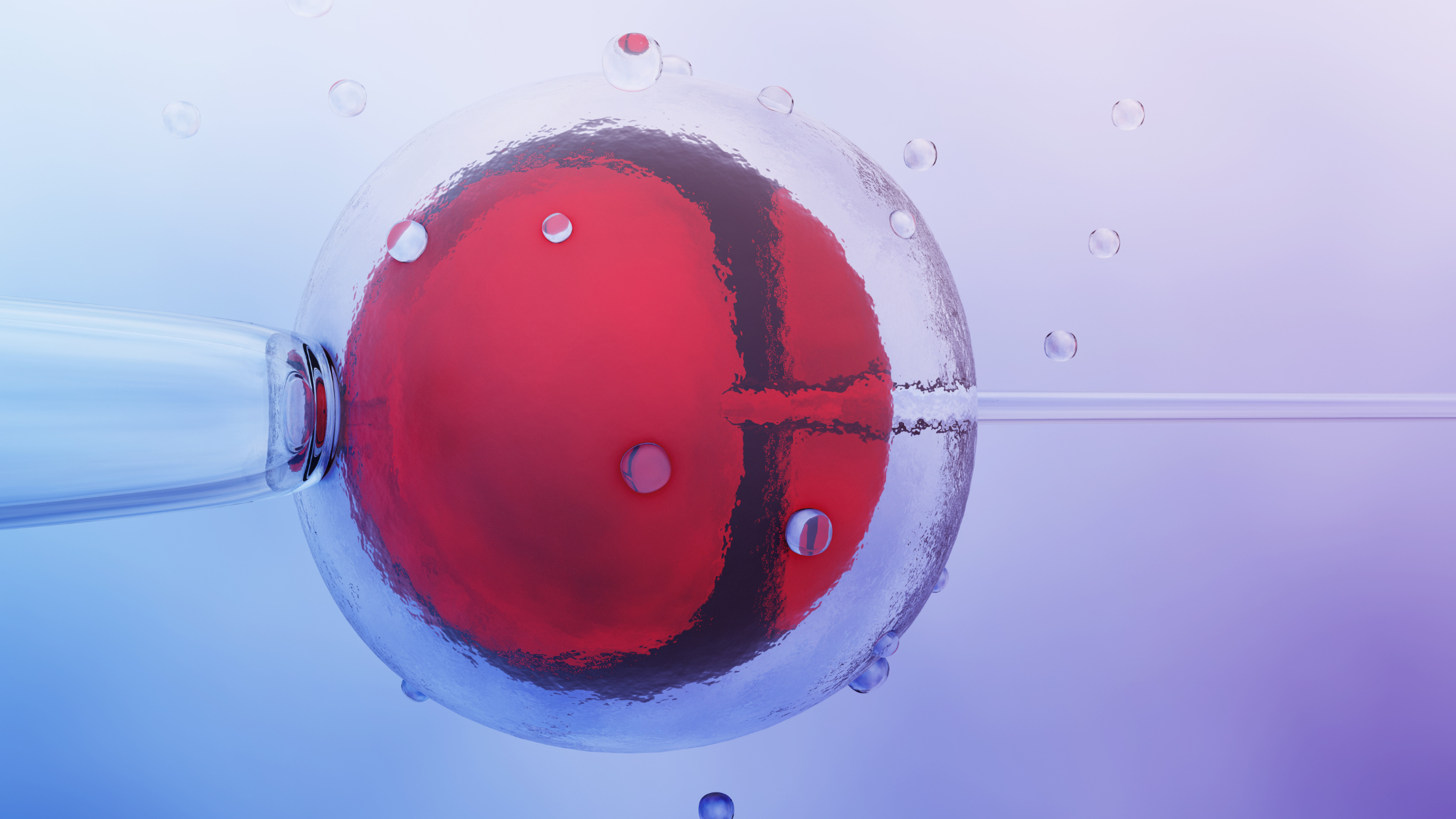New Study Finds Fresh Embryo Transfer May Improve IVF Success for Some Patients
The debate between fresh and frozen embryo transfers has been ongoing in the IVF world for years.
Fresh vs. Frozen: New Study Finds Fresh Embryo Transfer May Improve IVF Success for Some Patients
Many fertility clinics have shifted toward the freeze-all approach for IVF, believing it may lead to better pregnancy outcomes. But new research, published in The BMJ, challenges this idea, at least for a specific group of patients.
According to the study, women with a low prognosis may have a better chance of success with a fresh embryo transfer instead of freezing and transferring later (Wiger et al., 2024).
What the Study Found
Researchers looked at women undergoing their first or second IVF cycle who had a lower chance of success due to factors like:
Retrieving fewer than 9 eggs
Low ovarian reserve (AMH below 8 or antral follicle count below 5)
They compared two groups: one that had a fresh embryo transfer and another that had a frozen embryo transfer later.
Here’s what they found:
Live birth rates were higher for fresh transfers (40%) compared to frozen (32%).
Clinical pregnancy rates also favored fresh transfers (47% vs. 39%).
Cumulative live birth rates (including all transfers) were still better in the fresh transfer group (51% vs. 44%).
The takeaway? For women with a lower ovarian response, freezing embryos may not be the best approach. Fresh transfers might give them a better shot.
What This Means for the IVF Community
For years, frozen embryo transfers have been recommended due to potential benefits like better uterine receptivity and lower risks of ovarian hyperstimulation syndrome (OHSS). But this research shows that a one-size-fits-all approach doesn’t work in IVF.
If you have a low prognosis, this study is worth discussing with your doctor. Could a fresh transfer increase your odds of success? Would freezing still be better in your case? Advocating for a treatment plan that fits your specific needs is key. It’s important to weigh benefits and risks with your care team too.
Personalized IVF Matters
An IVF journey is full of decisions: fresh vs. frozen transfer, day 3 vs. day 5 embryos, single vs. multiple embryo transfer, it’s easy to feel overwhelmed. But the most important thing to remember is that your treatment should be tailored to you.
This study is a reminder that research is evolving, and what was once considered the “best” protocol may not be right for everyone. Stay informed. Ask questions. Be your own advocate. Because at the end of the day, the goal is the same: bringing home your baby.
Reference:
Wiger, R., Sæther, M. T., Bjercke, S., Bergh, C., Pinborg, A., Tanbo, T., Forman, J., Henningsen, A. K. A., Opdahl, S., & Romundstad, L. B. (2024). Fresh versus frozen embryo transfer in women with a low prognosis: A randomized, controlled trial. The BMJ, 388, e081474. https://doi.org/10.1136/bmj-2024-081474
Medical Disclaimer: The information provided in this blog is intended for general informational purposes only and should not be considered as a substitute for professional medical advice, diagnosis, or treatment. Always seek the advice of your healthcare provider or qualified medical professional with any questions you may have regarding a medical condition. Never disregard professional medical advice or delay in seeking it because of something you have read in this blog.

